How Much Protein Do You Need to Build Muscles?
When it comes to body building, proteins for building muscles is one of the most misunderstood concepts. Also, it is not enough knowing what proteins and how much to have, it is also necessary to understand when to have the proteins to gain maximum benefits from your diet.
Proteins are one of the most important components for muscle repair and muscle building. However, you need to have the right combination of protein, carbohydrates and fat to build good muscles.

There are different TYPES of protein which are metabolized differently by the body.
- Protein from Meat and Eggs
- Protein from Grains
- Whey Protein
It is not just about the nutrient that you take that accounts for muscle building, it is equally important when you take them. If you get your nutrient timing wrong, your body could end up storing the protein as fat instead of muscles. The body can metabolize whey proteins much faster than the ones from grains, meat and eggs.
Immediately after an intense workout the muscle glycogen stores would have got depleted. Whey protein, which is easily broken down by the body is good to have immediately after the workout. Also, coupled with whey proteins, you need to take carbohydrates that produce glucose with high Glycemic Index. This glucose will trigger an insulin response which has the property of driving the broken down calories to be stored as muscle glycogen.
How much protein your should have per day is very relative. The general rule of the thumb is that you can have 1 gram of protein per pound of body weight. During the muscle recovery time much after your workout, you can have other proteins from grains, meat, eggs etc. This will be metabolized and absorbed much slower by the body aiding muscle recovery.
Right combination of protein, carbohydrates and fats taken at the right time with the right exercise workout routines is vital to muscle building. If you get this combination right, you will be able to build muscles and have a very good physique without too much effort. If you get this wrong, you will be left only with pain and frustration along with no gain of muscles.





